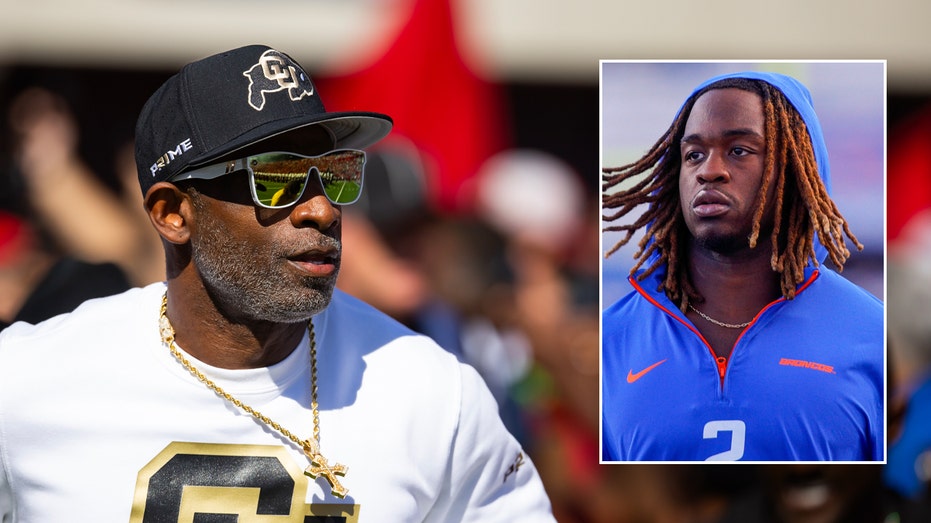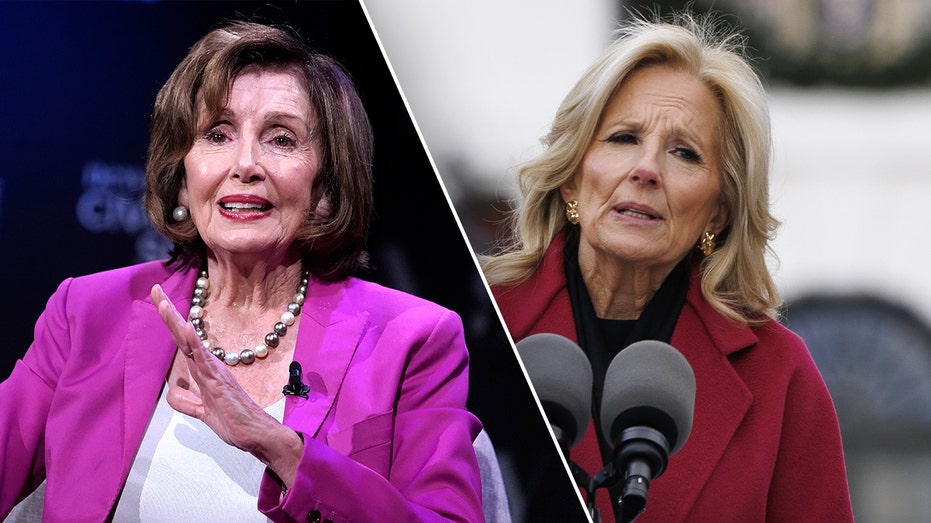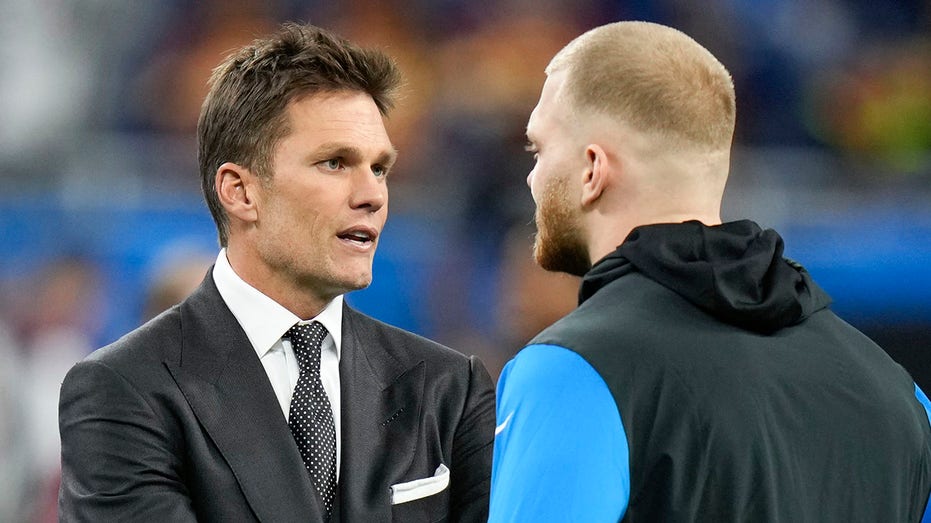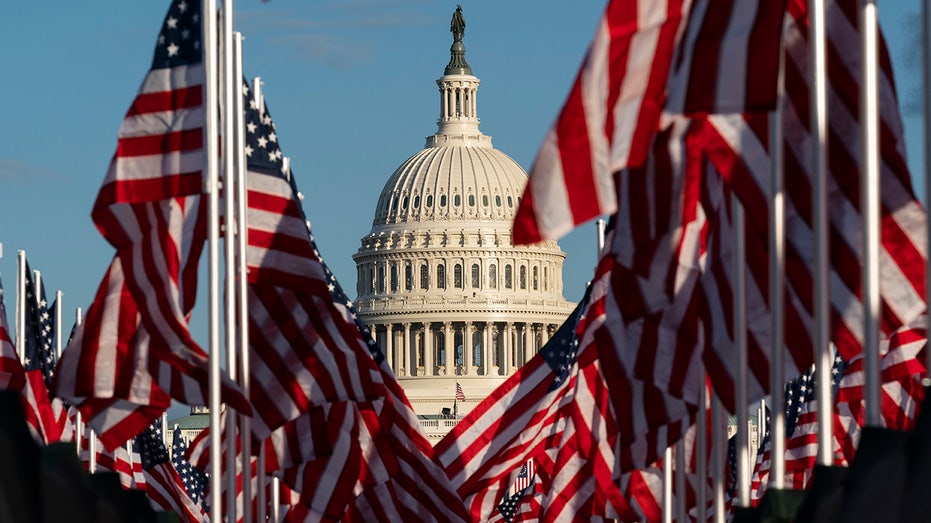- by foxnews
- 20 Jan 2025
Australia’s jobs and skills summit: who’s going and what’s on the agenda?
Australia’s jobs and skills summit: who’s going and what’s on the agenda?
- by theguardian
- 29 Aug 2022
- in news
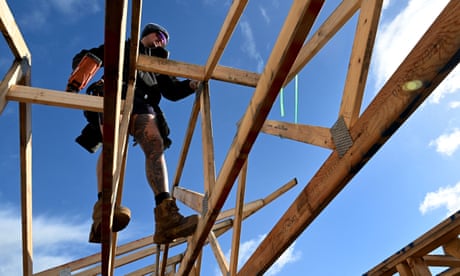
Lifting wages, productivity and easing skills shortages are top of the agenda at Thursday and Friday's jobs and skills summit.
Here's everything you need to know about the event.
Throughout the election campaign, Anthony Albanese promised to convene a "full employment summit" on how to help wages, and businesses, to grow.
In July, the government announced the "jobs and skills summit" would be convened at Parliament House in Canberra on 1 and 2 September.
The summit is broadly modelled on Bob Hawke's 1983 economic summit and has a tripartite structure, bringing together business, unions and the community sector.
The Albanese government limited places at the summit to just 100, instantly making it the hottest ticket in town.
Like a small wedding, tough decisions had to be made.
The Australian Banking Association and the chiefs of the biggest industry super funds are in, but the chief executives of the big four banks, which are themselves among Australia's biggest employers, are not.
The government points to a series of sector and region-specific roundtables held in the lead-up to the summit to argue everybody has input.
The Liberal leader, Peter Dutton, rejected his invitation, labelling it a stunt and a talk-fest but the Nationals leader, David Littleproud, agreed to go.
The government will publish a full list of attendees closer to the summit but says it will be 30% employers and their representatives, 30% workers and unions, 30% subject matter experts and representatives from the community, education, employment services and social services sectors, and 10% from government.
The premiers and chief ministers of the states and territories will all attend. The Greens leader, Adam Bandt, said he and senator Barbara Pocock, the employment spokesperson, will attend.
Employer groups attending include the Business Council of Australia, Australian Industry Group, and Australian Chamber of Commerce and Industry.
The agenda includes sessions on:
The Australian Council of Trade Unions has said its top demand for the industrial relations system is for workers to be able to bargain with multiple employers at the same time. Unions also want to restrict employers' ability to apply to the Fair Work Commission for early cancellation of a workplace pay deal.
Earlier, the ACTU called for a price cap on essentials including electricity and a super profits tax.
Unions NSW wants non-union members to be charged a fee equal to 70% of union dues if they are covered by a pay deal negotiated by a union.
The National Farmers' Federation wants nationwide consistency on the regulation of labour hire and proposes to include non-monetary benefits, including food, when determining if a pay deal leaves workers "better off overall".
With unemployment at Australia down to a record low 3.4% and labour shortages in many sectors of the economy, business groups generally want more workers, and that means increasing permanent migration from the current cap of 160,000 per year.
Abolishing labour market testing, the requirement to advertise jobs locally first, and skills lists, which limit which occupations can score temporary visas, would also help ease delays bringing workers in.
The ACTU has conditionally approved an increase in 40,000 migrants a year to 200,000 but wants this to come hand-in-hand with wages increases, including lifting the pay floor for temporary skilled migrants from $53,000 to $91,000.
The Australian Chamber of Commerce and Industry has said this would "kill many areas of the immigration program overnight" but an increase to $60,000 would be "more realistic".
The Australian Workers Union called for employers who bring in temporary skilled workers to be required to train locals, and for opt-out union membership for foreign workers.
The workplace relations minister, Tony Burke, told ABC's 7.30 the government is "not ruling things in or out" ahead of the summit.
On multi-employer bargaining, Burke said:
Burke said low unemployment should create pressure to push wages up, but the bargaining system has "leaks" in it.
Anthony Albanese has said Australia needs "to have greater emphasis on permanent migration rather than temporary skilled migration, so that people have an actual interest in helping to build our nation".
The government has also said more Australians need to be trained to fill skills shortages, announcing an extra 20,000 university places.
The treasurer, Jim Chalmers, has said:
Dutton and the shadow workplace relations minister, Michaelia Cash, have backed employers' concerns that multi-employer bargaining is a "throwback".
"Industry-wide bargaining would be devastating for the Australian economy, leading to widespread strike action, including sympathy strikes by those unrelated to a particular dispute," Cash said.
The Greens have signalled that they will move amendments to any industrial relations bills to implement their election promises to permanently set the minimum wage at 60% of the median wage, and to close the gender pay gap by awarding above-inflation pay rises to women-dominated industries, including education, nursing, cleaning and childcare.
By the end of the summit or, at the latest, when Chalmers delivers the budget in October, the federal government should announce a new, higher migration cap.
Burke has said he will introduce an industrial relations bill this year, and he is prepared to act in some areas - such as blocking early termination of workplace pay deals - even if consensus with employers is not achieved.
Other reforms will take longer, including the "same job same pay" promise for the labour hire industry, and the gig economy reforms to give the Fair Work Commission powers to set minimum conditions, consultations for which began on Friday.
The government will also produce a white paper on employment which it says "will map a comprehensive blueprint for Australia's future labour market".
- by foxnews
- descember 09, 2016
Travel tips for attending Trump's inauguration in DC: expert weighs in
Washington, D.C., has been gearing up for travelers ahead of Inauguration Day on Jan. 20, bringing Americans to the nation's capital as President-elect Trump returns to the White House.
read more